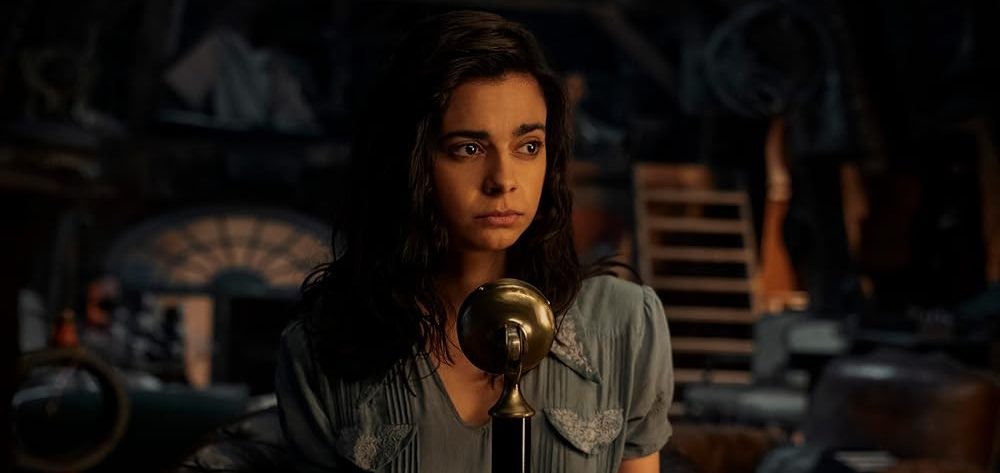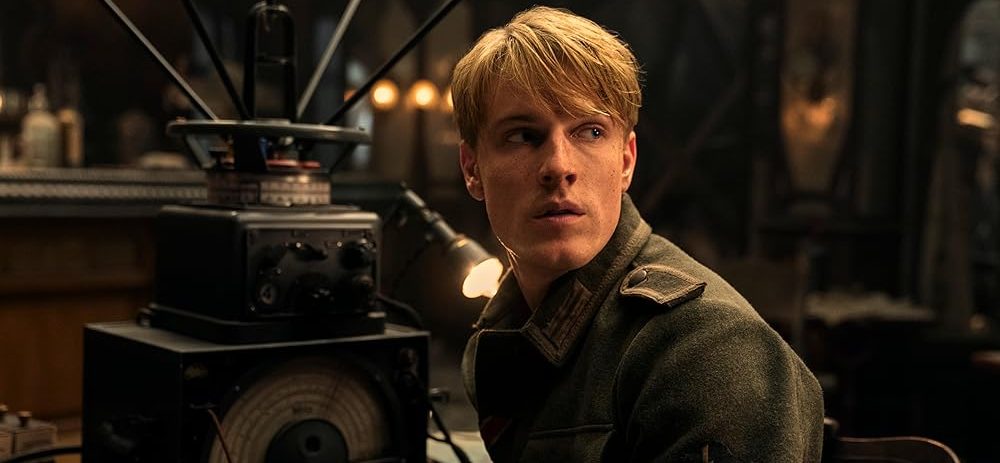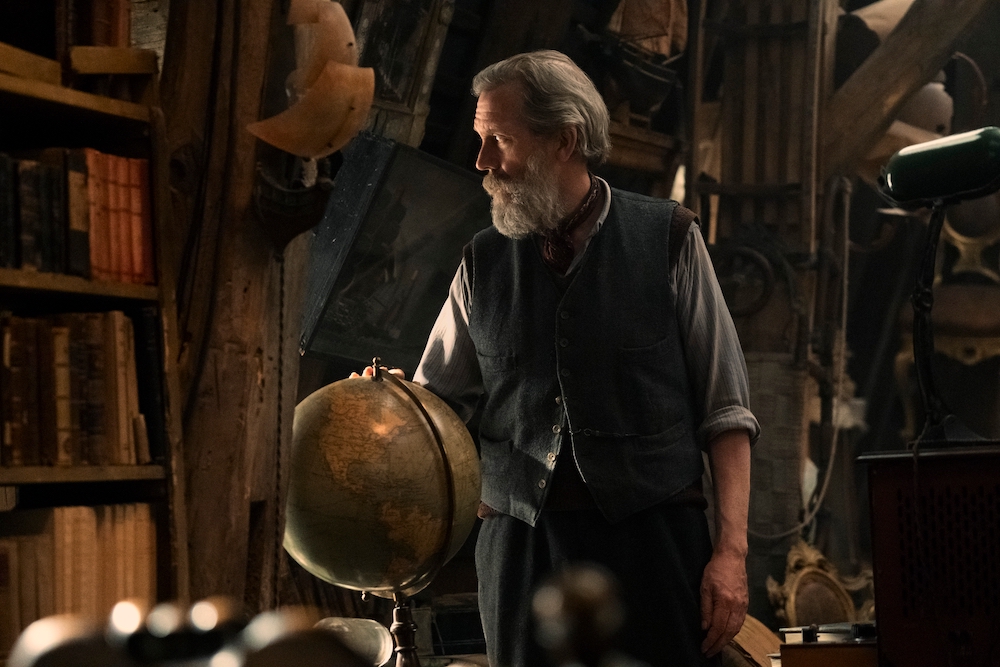Based on a 2014 novel by Anthony Doerr, ‘All The Light We Cannot See’ is a Netflix miniseries created by Steven Knight and Shawn Levy. The period drama show follows the stories of a blind French girl working for the Resistance and a German boy helping the Nazis, who are trapped in war-torn Saint-Malo. While Marie-Laure wants to end the war and bring peace to France, Werner is just trying to survive ruthless bosses who thrive during this time.
Starring Aria Mia Loberti and Louis Hofmann as the leads, the show takes viewers on a gripping journey to bring out the human side of the war. It explores the lives of countless people stuck in difficult situations who must find a way out of the mess. It’s hard to think of any light in the middle of a war, but that’s exactly the message the show and the title are trying to give. It explores the subject of light, especially the one we cannot see, in many ways as the story moves forward. SPOILERS AHEAD!
The Meaning and Significance of the Title
In the show, Marie and Werner grow up listening to someone called the professor on the radio, who talks about the light we cannot see. For a blind girl like Marie, his teachings bring a lot of hope since the concept of there being something true and pure that can be felt more than seen, like a light, is what drives her. For Werner, listening to the professor on the radio in itself is a crime punishable by death as a German. But he doesn’t care because the professor’s teachings give him hope and make him feel like there’s some light beyond all the darkness of his sad life as an orphan.

According to Doerr, the title is in part a simple reference to the kind of light that is not visible to the naked eye, like radio waves, which form a crucial part of the story. In Marie’s case, she doesn’t see her condition as a curse but probably an obstacle she has learned to figure out a way around. In the show, her father, Daniel, keeps training her from a young age to use her other senses of touch and hearing to help her see things more clearly than people with eyes do. She gets so good at it that she learns to be self-sufficient and, most of the time, very helpful to people. For instance, when Daniel needed to find the right key in a huge bunch, Marie was able to identify it much more quickly than anyone else could because she used her other senses better.
For Doerr, this light also has a metaphorical significance in terms of the hidden stories within the war, which was his purpose in writing the novel. He chose to explore the backstories of Marie and Werner in detail to help people see the more humane side of a war and not just the facts and accounts of the number of people who died because of it. This hidden light is also a reference to the kind of possibilities that open up for a person if they just attempt to view things beyond the obvious. This applies a lot to Marie’s situation, who goes about bringing a light in everyone’s life. With her presence, she gives Daniel a reason to keep going, makes Madame Manec happy, and even helps her great uncle Etienne, the professor, get over his fear of going out of the house. This also might be why his last message to her is, “A tiger is happier dead than in a cage,” since he feels grateful that he’s finally free and over his fear of the outdoors before dying, all thanks to Marie.

Marie is also the light Werner cannot see since he has never met her, but her voice helps him through his toughest times, just like the professor did. Etienne also brings light into the lives of Marie and Werner by telling them facts and teaching them through an analogy of a piece of coal that light can last forever inside it, but darkness disappears as soon as you turn on the light. For Etienne, this was his way of preaching peace to help him forget the atrocities and darkness he witnessed during the war. He teaches about this invisible light as the professor because he wants others who are suffering like him to have hope so they can open themselves up to better possibilities.
In a way, just as the author intended, the radio also works as a sort of guiding light for all the major characters. Even as kids, Marie and Werner don’t know about each other or who the professor is, but they still see him as someone who brings light to their lives by providing them with soothing words and music. The radio then becomes Werner’s passion, without which his life doesn’t make sense. It’s also a sort of weapon for Marie, who can use her voice and her sense of hearing to communicate through the radio.


You must be logged in to post a comment.